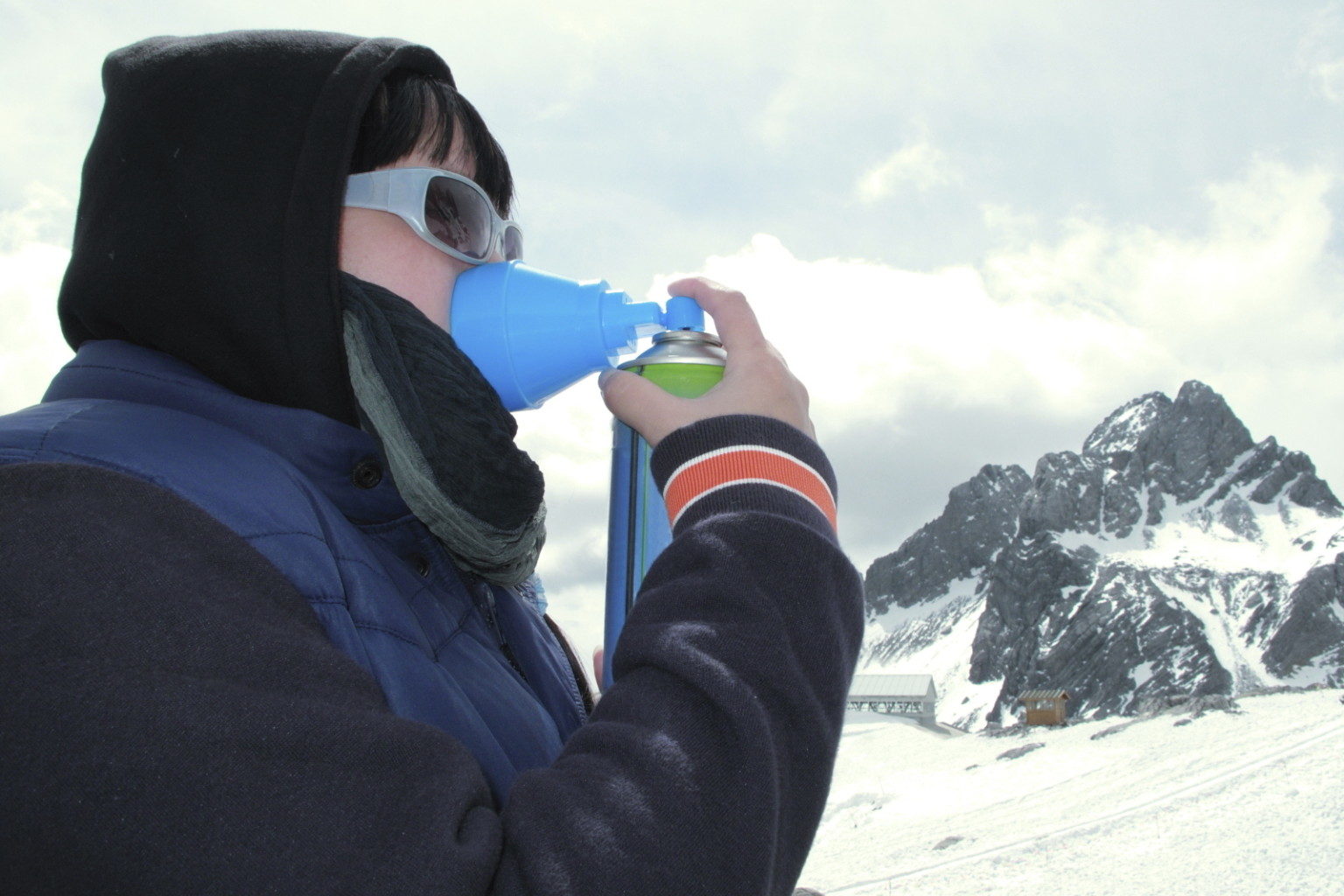Altitude sickness is also sometimes called acute mountain sickness or AMS. It happens when the body moves from a lower to a higher elevation, and it fails to acclimatize to it properly. No one can really tell how his or her body will react to high altitude. Being fit is not really something that can exempt you from experiencing altitude sickness.
There are various symptoms associated with altitude sickness, which tend to show up within 12 to 24 hours after arriving at an elevated place. Some of these symptoms include lightheadedness, nausea, dizziness, vomiting and headache. If you are suffering from altitude sickness, you may also experience loss of appetite, fatigue, lethargy and insomnia. Shortness of breath and rapid pulse are not uncommon, especially during physical exertion. Commonly, these symptoms tend to go away on their own in 2 to 4 days, or when the body has fully acclimatized to the location.
Severe cases of altitude sickness should be treated as an emergency. That’s because it can cause some serious complications such as edema (swelling) of the brain and lungs. However, mild cases may be managed with some all-natural remedies. Here are the things that may be done when you are experiencing altitude sickness:
Drink Plenty of Water
Rapid breathing can cause your body to become dehydrated, and this can leave you facing more problems. Make sure that you drink plenty of water. Use the color of your urine as a gauge — if it isn’t clear, you are not drinking enough. The intake of coffee and alcohol should be avoided as they may leave you more dehydrated.
Quit Smoking
If you are a smoker, it will benefit you a lot if you turn your back on your habit to help keep shortness of breath to a minimum. In fact, it will help a lot if you ditch smoking several weeks before moving to a higher place.
Consume Carbohydrates-Rich Food
You need all the energy you can get because of the added physical exertion at higher altitudes. That is why you should eat foods that are rich in complex carbohydrates to make sure that you are energized. However, opt for easily digestible ones because your digestive tract may have a hard time processing them.
Have a Cup of Ginger Tea
Drinking ginger tea is very good at easing some of the digestive symptoms of altitude sickness, such as vomiting and nausea. The intake of ginger tea also contributes to your overall fluid intake, thus warding off dehydration.
Consume Raw Garlic
Garlic is an herb used for centuries for thinning the blood and improving circulation. Since high altitudes can have an impact on blood circulation which can cause unfavorable symptoms, it makes perfect sense that you should consume raw garlic. You may swallow a couple of cloves daily or steep crushed garlic in hot water and drink.
Apply Peppermint Oil
Deal with headache caused by altitude sickness in an all-natural way by massaging some peppermint oil on your temples and forehead. You may also place a drop or two of it in a hot cup of water and consume to combat nausea.
Sniff Some Lavender Oil
Many swear by the effectiveness of sniffing a piece of tissue paper or handkerchief with a couple of drops of lavender oil in it. That’s because this nice-smelling essential oil is very good at naturally dealing with stress and fatigue. Doing this may also help you get some sleep as altitude sickness tends to leave you wide awake.
Avoid Intense Physical Activities
While the various symptoms of altitude sickness are around, it’s a good idea to refrain from exercising and doing intense physical activities. What you need to do is take a lot of rest, and of course rely on these tips on dealing with altitude sickness until you feel better — a sign that your body has already acclimatized.













